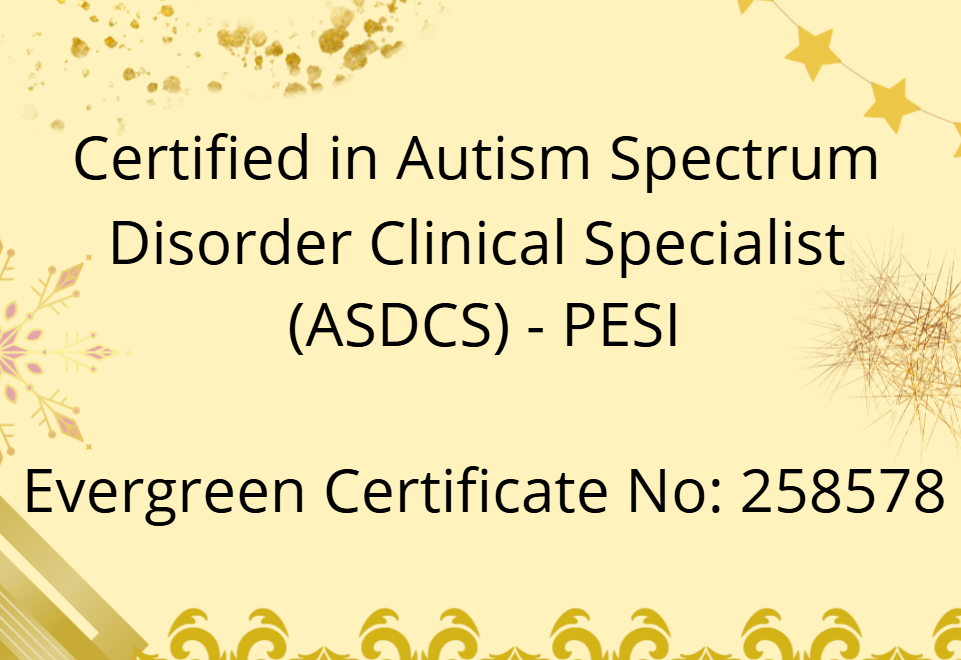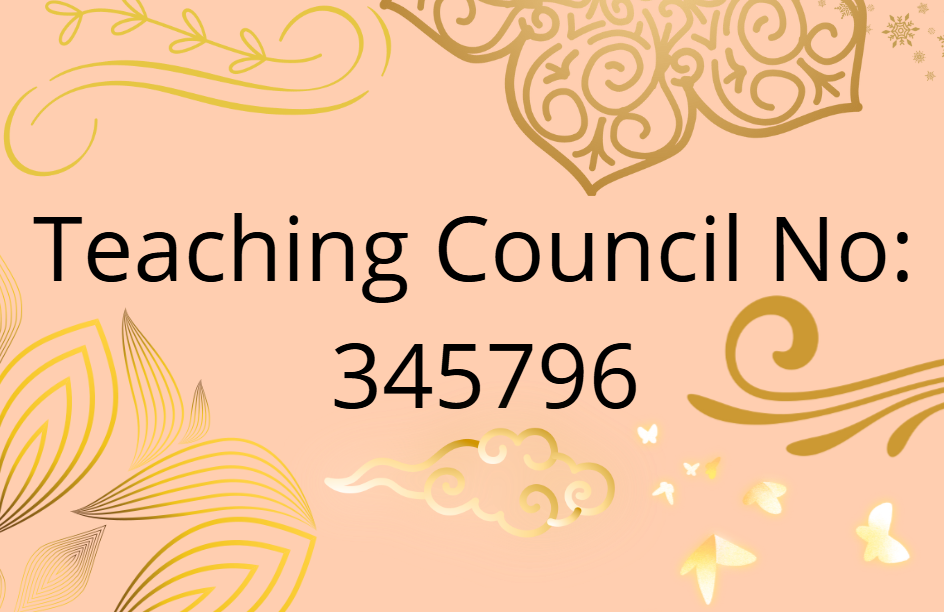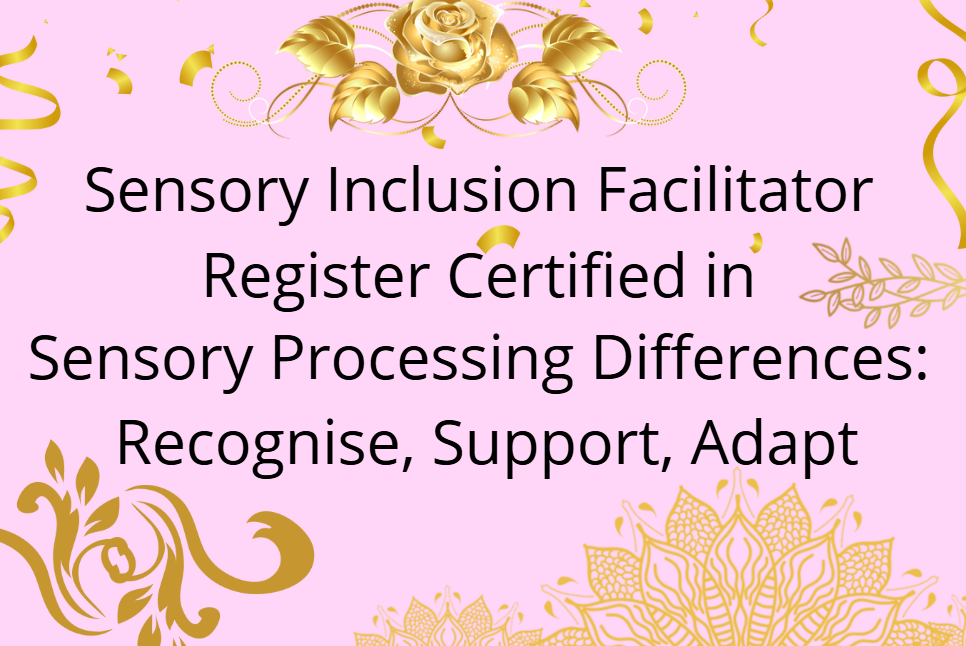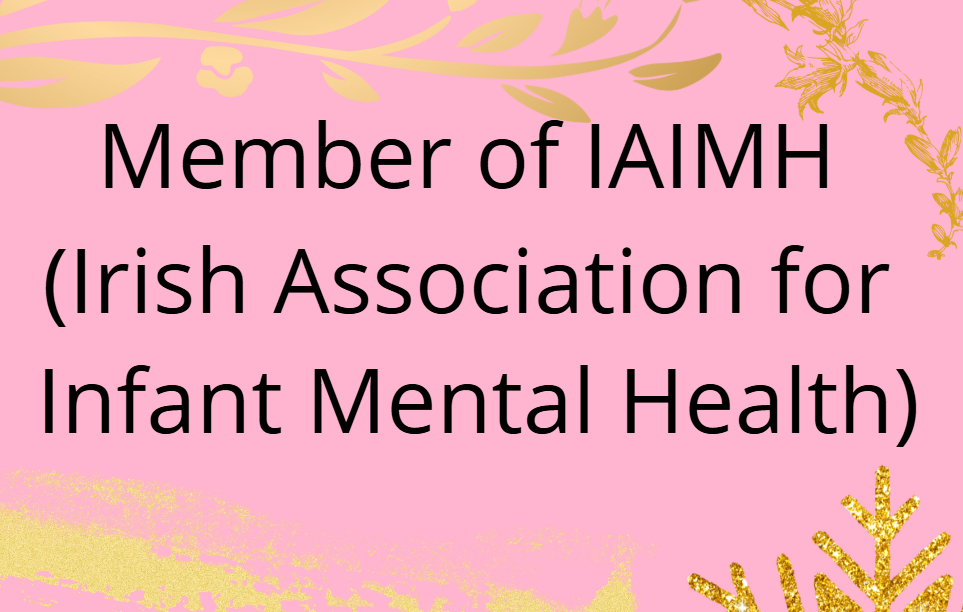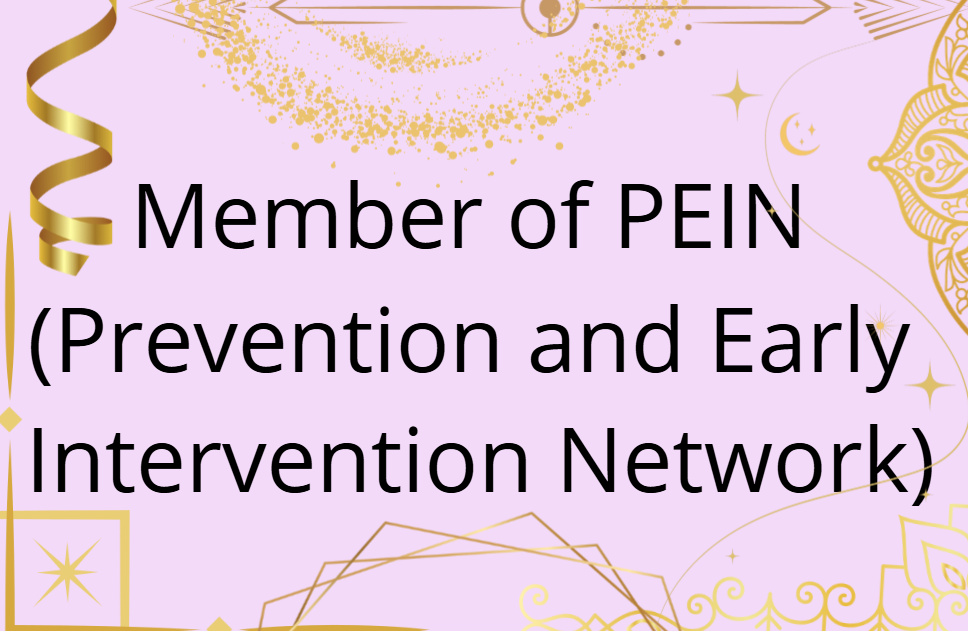Developing Emotional Intelligence – Why It Matters and How Parents Can Help

Author: Kristina Rautek Potocnik, BA (Hons) Ed. Rehab., HDip Early Childhood Studies, MA Early Intervention & Inclusion, Cert. Play Therapy | SI | ASD | Reflexes, ongoing MSc SLT
A child’s brain is highly sensitive and flexible, especially in the early years. Scientists have discovered that the brain doesn’t finish growing in childhood – it continues developing until about 25 years of age. This process is called neuroplasticity, and it means that the brain changes and grows based on what the child experiences every day. What the child sees, hears, feels, and lives through helps shape their brain, especially the parts connected to emotions and social skills.
So, the way a child learns to understand and manage emotions does not come naturally – it is something they learn from their environment. If a child grows up in a place where their feelings are accepted, respected, and guided, their brain will create strong emotional pathways. These help the child feel calm, focused, and able to deal with everyday challenges.
Parents play a key role in this process. When parents support their child during moments of fear, anger, or sadness, they help the child build emotional strength. For example, when a child is upset, instead of saying, “Stop crying,” a parent can say, “I see that you are upset. I am here for you.” These small moments help the child learn to calm themselves and feel safe.
On the other hand, children who don’t receive this kind of support may develop impulsive behaviour. They might react strongly when something goes wrong or struggle to control their emotions, simply because they haven't learned how.
Good parents are like good teachers. They give their children a safe and loving base, which becomes a kind of emotional home. From this base, the child feels safe to explore, learn, and grow. A child who feels emotionally secure is more confident to try new things, face challenges, and learn from mistakes.
If a child learns to manage fear, focus their attention, and stay calm in hard moments, they are creating the best possible conditions for learning. They will be able to solve problems, remember information, and understand new ideas more easily.
That is why it is so important to include emotional learning not only at home but also in schools. Today, we have strong proof that Social and Emotional Learning (SEL) really works. One large study looked at over 100 research papers and found that students who had SEL lessons behaved better at school and at home. They were also better at calming down, understanding others, and learning. Their grades improved by 14%, which is a big difference.
Why does SEL have this effect? Because it helps develop a part of the brain called the prefrontal cortex. This is the brain’s control center – the place that helps with decision-making, focus, memory, and managing emotions.
A child who feels panic during a surprise test will have trouble thinking clearly. Their mind is busy with fear instead of the task. But a child who has learned to manage anxiety and stay calm will have more energy for learning.
Simply put – fear and stress block learning.
Calm and focus open the door to learning.
Many parents and teachers ask children to "calm down" or "pay attention", but we need to understand something important: young children are still developing the brain systems needed for these skills. They cannot do it alone.
What they need is support, practice, and guidance. Every time an adult helps a child name their feelings, breathe deeply, or take a break, the child builds new brain connections. These connections make it easier, next time, to stay calm and focused.
All children need these skills – not just in school, but for life. A child who learns how to calm down and focus will be better prepared for relationships, work, and future challenges.
They won’t learn it overnight. But with time, care, and support, they can become emotionally strong, confident, and ready to face the world.
I feel hope and joy when I think about the children whose lives will be better because we taught them how to understand and manage their emotions.
Latest Posts
- How children make sense of the world through their senses
- How your baby learns about the world through their senses
- Helping your child grow stronger through movement and play
- Understanding How Early Intervention Helps Children Learn, Move, and Connect
- How to Recognise Tactile Defensiveness and Help Your Child Feel Safe
- Understanding Feeding Challenges and How to Support Your Child at Home
- Let’s Talk Sitting: Exploring Floor Seating Options
- Retained Primitive Reflexes: The Hidden Cause Behind Developmental Struggles
- Where Curiosity Blossoms: How Children's Play Nurtures Growth for All
- Helping Your Child Through Stress: A Gentle Guide for Parents
- Sweet Little Lies – How to Recognise and Respond with Care
- Chores Are More Than Just Tasks – They’re a Tool for Growing Independence, Focus, and Confidence
- How to Help Children Develop Emotional Intelligence
- Blending Technology and Care: How VR Meta Quest Supports Children at NeuroNest
- A simple guide for parents who want to raise confident, happy children
- Setting Boundaries with Love: A Simple 3-Step Guide for Parents
- Understanding Behavior Through the Nervous System
- A Compassionate Lens on Dysregulation in Non-Speaking Autistic Individuals
- Supporting Development Through Movement: The Role of the Swing in Early Intervention
- Blending Tradition and Innovation: How NeuroNest Supports Your Child’s Unique Journey
- When Movement Meets Innovation: Supporting Child Development with GoBalance
- Why Visual Perception Matters for Everyday Life and Development
- Benefits of Chess in Early Intervention
- Building Healthy Nutrition from the Start
- A Journey Back to Your True Self
- Supporting Your Child’s Hand Skills for Confident Writing
- Blending the Best of Both Worlds
- Helping Toddlers Eat Well: A Parent’s Guide
- Why Tummy Time Matters for Your Baby's Development
- Helping Your Child Build Everyday Independence
- Who Are the Disconnected Kids?
- From First Tries to Automatic Habits: Understanding the Stages of Skill Learning
- Why a Child’s Level of Alertness Matters for Memory and Learning
- Early brain development starts before birth
- Why Slowing Down, Adapting Tasks, and Adding Breaks Helps Children Learn Better
- Why ADHD, Autism, Dyslexia and Other Challenges Need a New Approach
- The surprising power of copying in child development
- Books are more than just language tools—they’re powerful allies in sensory and motor development.
- Rethinking sensory support: moving beyond expensive rooms toward everyday understanding.
- Understanding how fear develops in a child’s brain
- Understanding how an early baby reflex can affect your child’s daily life
- A gentle start into baby development through movement and bonding
- A child-centred, research-informed approach that uses the power of play to support communication, emotional regulation, motor development, and meaningful growth from infancy to twelve years.
Our Partners



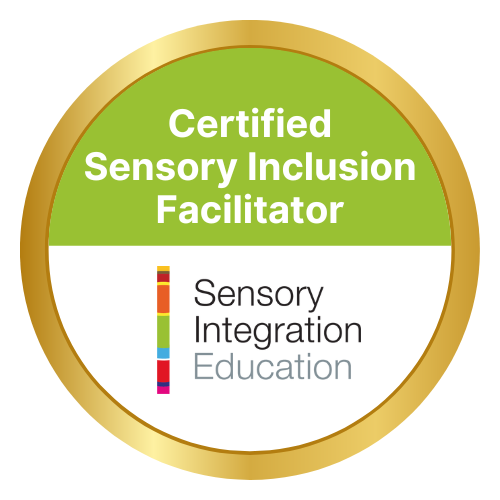
Our Memberships



